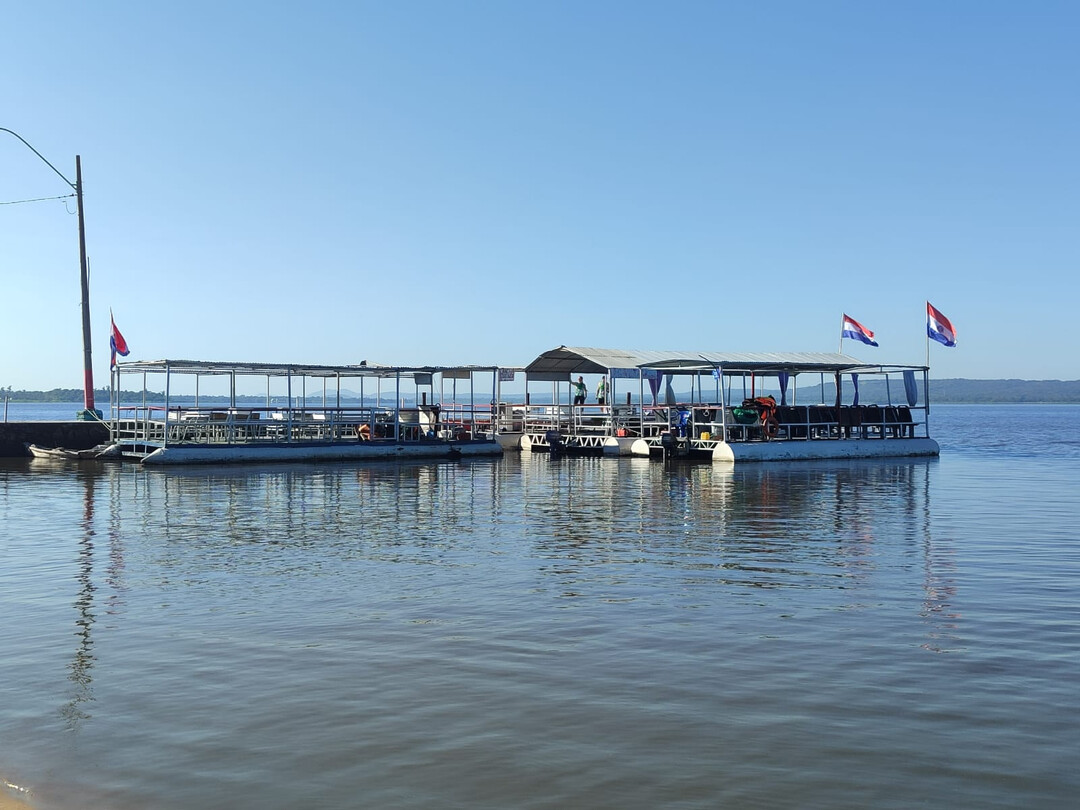
Paraguay is set to vigorously pursue its long-awaited project to improve the water quality of Lake Ypacaraí. The Paraguayan government announced that it has signed a US$154 million loan agreement with the Inter-American Development Bank (IDB) and the Ministry of Finance for the first phase of the Comprehensive Sanitation Plan for the Lake Ypacaraí Basin.
This project aims to improve environmental conditions in the Lake Ypacaraí basin, strengthen resilience to climate change, promote low-carbon development, and expand sustainable bond market access for the water and sanitation sector.
The government anticipates that over 800,000 citizens will directly benefit from this project. During the signing ceremony, Claudia Centurión, Minister of Public Works, expressed strong determination, stating, "Lake Ypacaraí will be reborn as the blue lake that all Paraguayans have dreamed of, a legacy and part of our identity."
Minister Centurión detailed the specific components of the project, including the installation of sewerage systems in the areas of Capiatá, Areguá, and Itauguá, the improvement of the San Bernardino wastewater treatment plant's performance, and various additional initiatives to ensure the recovery of the lake's water quality.
This project is significant as it is being propulsion as part of a broad agreement reached at the 28th Conference of the Parties to the United Nations Framework Convention on Climate Change (COP28) held in Dubai in December 2023.
Importance of Lake Ypacaraí: Lake Ypacaraí, one of Paraguay's most representative tourist destinations, is renowned for its beautiful natural scenery and has played a crucial role in revitalizing the local economy. However, in recent decades, it has suffered from severe water pollution problems due to the inflow of domestic sewage and industrial wastewater. Severity of Water Pollution: The deterioration of the lake's water quality has not only destroyed the ecosystem but also posed a serious threat to the health of residents in the surrounding areas. Odor emissions and algal blooms have led to a decrease in tourism, negatively impacting the local economy.
Past Efforts and Limitations: The Paraguayan government and local communities have previously made efforts to improve the water quality of Lake Ypacaraí, but significant results have not been achieved due to a lack of funding and technical issues.
Expected Benefits of This Project: This large-scale investment is expected to significantly reduce the amount of pollutants entering the lake by improving outdated wastewater treatment facilities and constructing new sewerage systems. This will contribute greatly to the long-term recovery of the lake's ecosystem and improve the quality of life for local residents. Furthermore, restoring the image of a clean lake is expected to positively impact the revitalization of the tourism industry. Future Challenges: For the successful implementation of the project, efficient fund execution and transparent management and supervision are crucial. Additionally, gaining the active participation and cooperation of local residents is an important task. From a long-term perspective, the development and implementation of policies for sustainable lake management are also necessary.
This contract signing is considered an important step towards realizing the long-cherished desire to improve the water quality of Lake Ypacaraí. It remains to be seen whether Lake Ypacaraí will regain its past beauty and become a beloved space for the Paraguayan people once again through the cooperation between the Paraguayan government and the Inter-American Development Bank.
[Copyright (c) Global Economic Times. All Rights Reserved.]




























